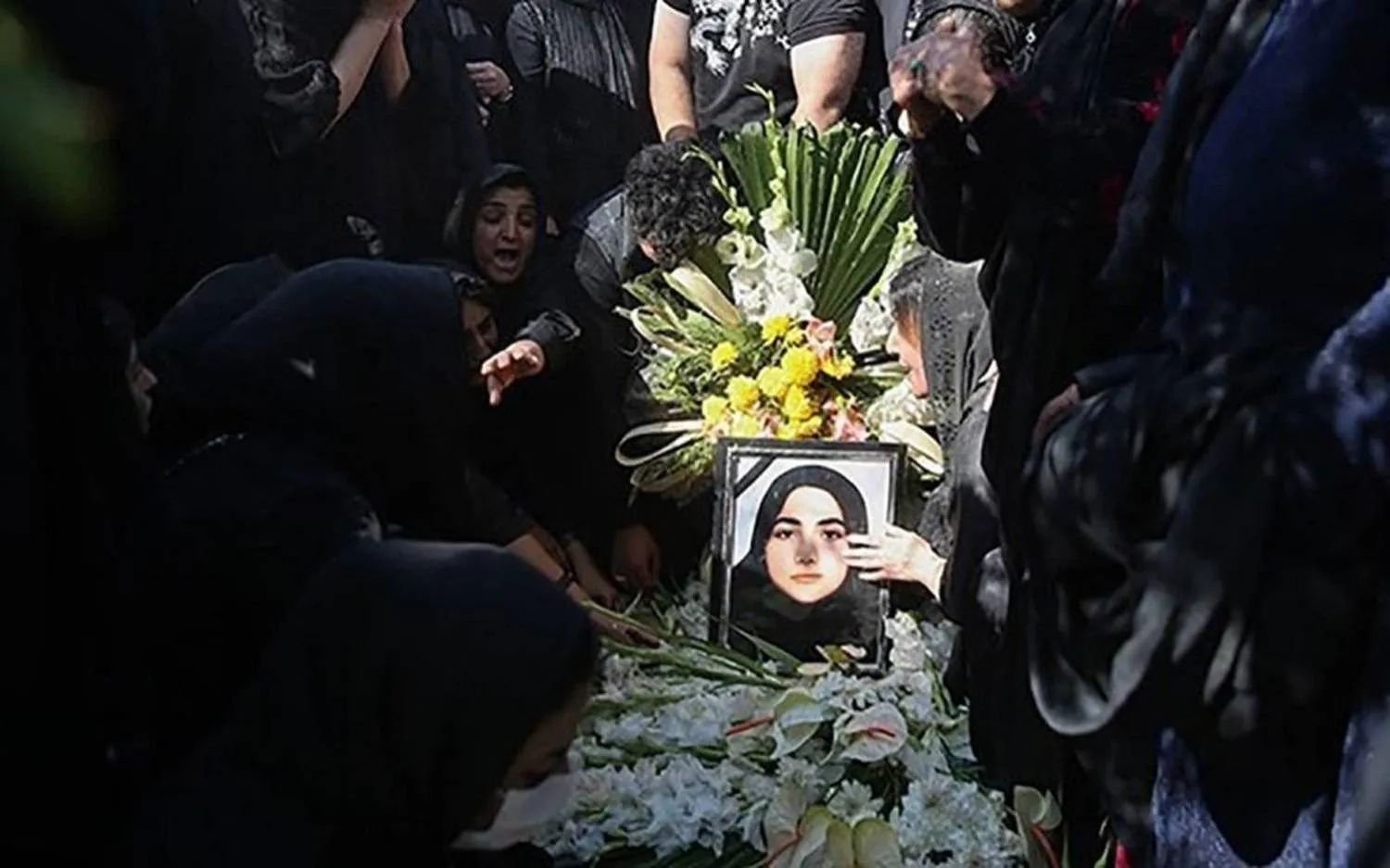Iranian authorities arrested a leading human rights lawyer Sunday after she attended the funeral of a teenage girl who died after being injured weeks ago in a mysterious incident on Tehran’s Metro.
The report by the semiofficial Fars news agency, which is close to the country's security forces, said authorities detained Nasrin Sotoudeh on a charge of violating Iran's mandatory headscarf, or hijab, law.
Many other Iranian news outlets republished the report and said there were multiple arrests at the funeral of Armita Geravanad, who also was not wearing a headscarf at the time she was injured.
On Saturday, the 60-year-old Sotoudeh — known for defending activists, opposition politicians and women in Iran prosecuted for removing their headscarves — called the death of Geravand “another state murder.”
The funeral took place Sunday morning.
Geravand was injured and in a coma for weeks in Tehran. Her death came after the one-year anniversary of the death of 22-year-old Mahsa Amini while in the custody of Iran's morality police. She, too, was detained for not wearing a headscarf. Her death sparked nationwide protests at the time.
It's not clear what happened in the few seconds after Geravand entered the train on Oct. 1. A friend told Iranian state television that Geravand hit her head on the station’s platform. However, soundless video footage taken from outside of a nearby car is blocked by a bystander. Just seconds later, her limp body is carried off.
Iranian state TV’s report, however, did not include any footage from inside the train itself and offered no explanation on why it hadn’t been released. Most train cars on the Tehran Metro have multiple CCTV cameras, which are viewable by security personnel.
Geravand’s parents appeared in state media footage saying a blood pressure issue, a fall or perhaps both contributed to their daughter’s injury.
Activists abroad suspect Geravand may have been pushed or attacked for not wearing the hijab. They have demanded an independent investigation by the United Nations’ fact-finding mission on Iran, citing the theocracy’s use of pressure on victims’ families and state TV’s history of airing hundreds of coerced confessions.
Sotoudeh was previously arrested in 2018 on charges of collusion and propaganda against Iran’s rulers and eventually was sentenced to 38 years in prison and 148 lashes. She was released in 2020 but details about the conditions of her release were not announced. Sotoudeh occasionally visited clinics as she suffered chronic gastrointestinal and foot problems.









